Promoting Antenatal Care Attendance and Preventing Malaria through Compound Meetings in Nigeria
Pregnant women form one of the high-risk groups for malaria. Malaria can devastate pregnant women, resulting in anemia, miscarriage, and premature and low birth weight babies. Attending antenatal care (ANC) ensures pregnant women receive the information and care they need for a healthy pregnancy, including how to prevent malaria by taking intermittent preventive malaria treatment during pregnancy (IPTp) and sleeping inside an insecticide-treated net (ITN) every night.
However, social norms and practices determine whether a woman will attend ANC. In the Iwar community in Nigeria’s Nasarawa State, a malaria-endemic region, women commonly attend ANC only when they are sick. They take pride in journeying through pregnancy and childbirth with little or no assistance from skilled birth attendants or health providers. Meanwhile, their male partners decide how to use financial resources, and they often do not see the need to spend their limited funds on ANC services at health facilities. These norms and practices threaten the health of pregnant women and their children.
To address these concerns, Breakthrough ACTION-Nigeria, supported by the U.S. President’s Malaria Initiative (PMI), developed engaging social and behavior change (SBC) activities to encourage women to register for ANC, attend ANC early and frequently, and obtain spousal support. Community Volunteers (CVs), Local Government Area Supervisors, and Ward Development Committees conduct meetings using these SBC approaches in extended family compounds, community health dialogues, and house-to-house visits.
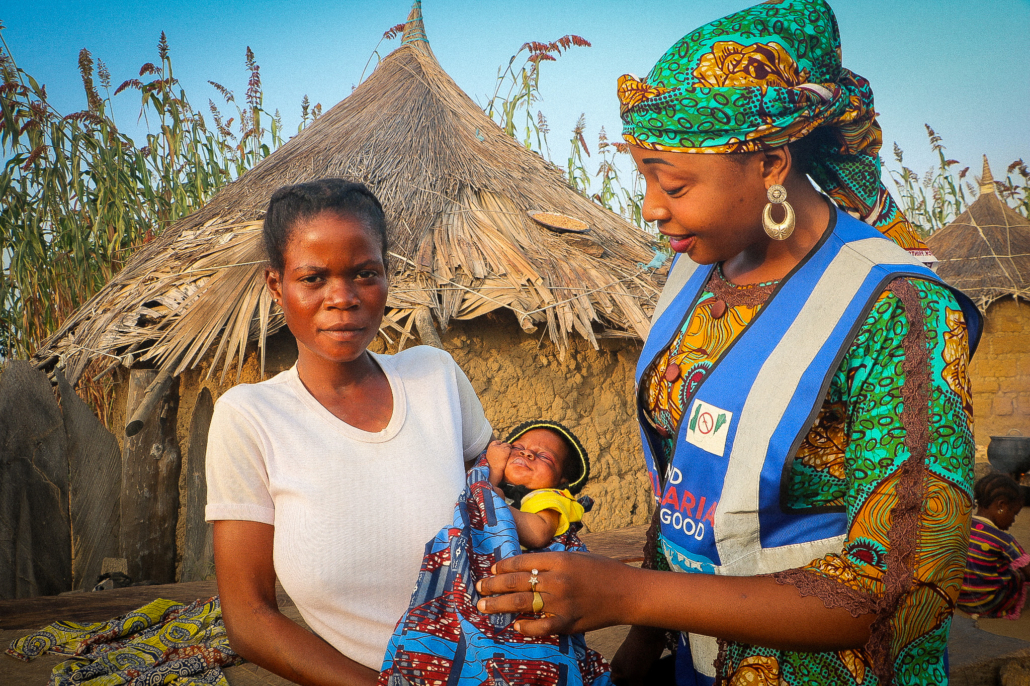
Photo by: Breakthrough ACTION-Nigeria
During a compound meeting in Iwar Community, Hafsat Owusoweshi, a CV, met three pregnant women, between five to seven months pregnant, who had not registered for ANC and did not plan to do so. When asked why, one of the women, Comfort Samuel, responded that she only goes to the hospital when sick, and since pregnancy is not sickness, she did not see the need. This opened up the opportunity to facilitate another conversation on the benefits of early ANC registration and attendance, the importance of spousal support for ANC, and the dangers of delivering at home. After the session, the CV referred the pregnant women to a nearby PMI-supported health facility for ANC registration and care. The women accepted referral cards for ANC. The health facilities received the cards, showing they since have gone to the health facilities to obtain care.
Daniel Turkulo, a community leader, was also present during the compound meeting and felt disturbed by the dangers of malaria in pregnancy he heard about. He committed to ensuring women referred to ANC services complete the process at health facilities. He has become an advocate, encouraging fellow men in his community to support their wives to attend ANC.
“I am now aware that without antenatal care, the growing ‘baby’ inside the mother’s belly may have problems, and I am bothered about this. I have started encouraging the pregnant women in my compound to go for ANC, and I will keep watching to ensure they do the right thing.”
– Daniel Torkulo, Iwar Village, Agaza Ward
Breakthrough ACTION-Nigeria’s community sessions have helped transform mindsets and behaviors surrounding maternal health care and foster a culture of spousal support and safe deliveries. More pregnant women in the communities where Breakthrough ACTION has operated are embracing the need for ANC and receiving IPTp while fostering a culture of spousal support and safe deliveries.
Written by: Edet Ekpo, Assistant Program Officer, Malaria and Edoziem Valentine, Program Officer II, Documentation & Knowledge Management, Breakthrough ACTION-Nigeria

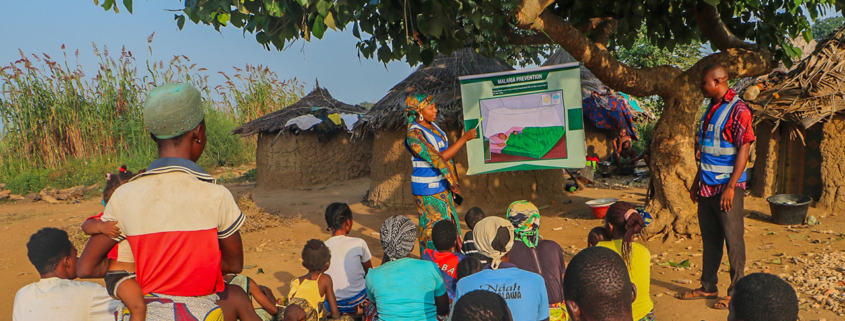 Breakthrough ACTION-Nigeria
Breakthrough ACTION-Nigeria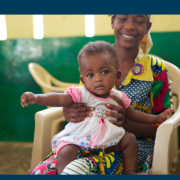 Sara Holbak/VectorWorks/Photoshare
Sara Holbak/VectorWorks/Photoshare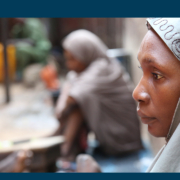
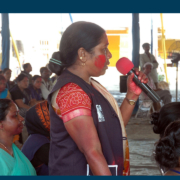 Gopal Bhattacharjee/Photoshare
Gopal Bhattacharjee/Photoshare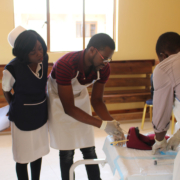
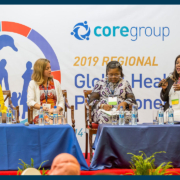 2019 CORE Group Global Health Practitioner Conference
2019 CORE Group Global Health Practitioner Conference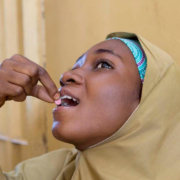 WHO
WHO